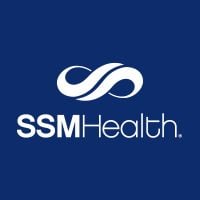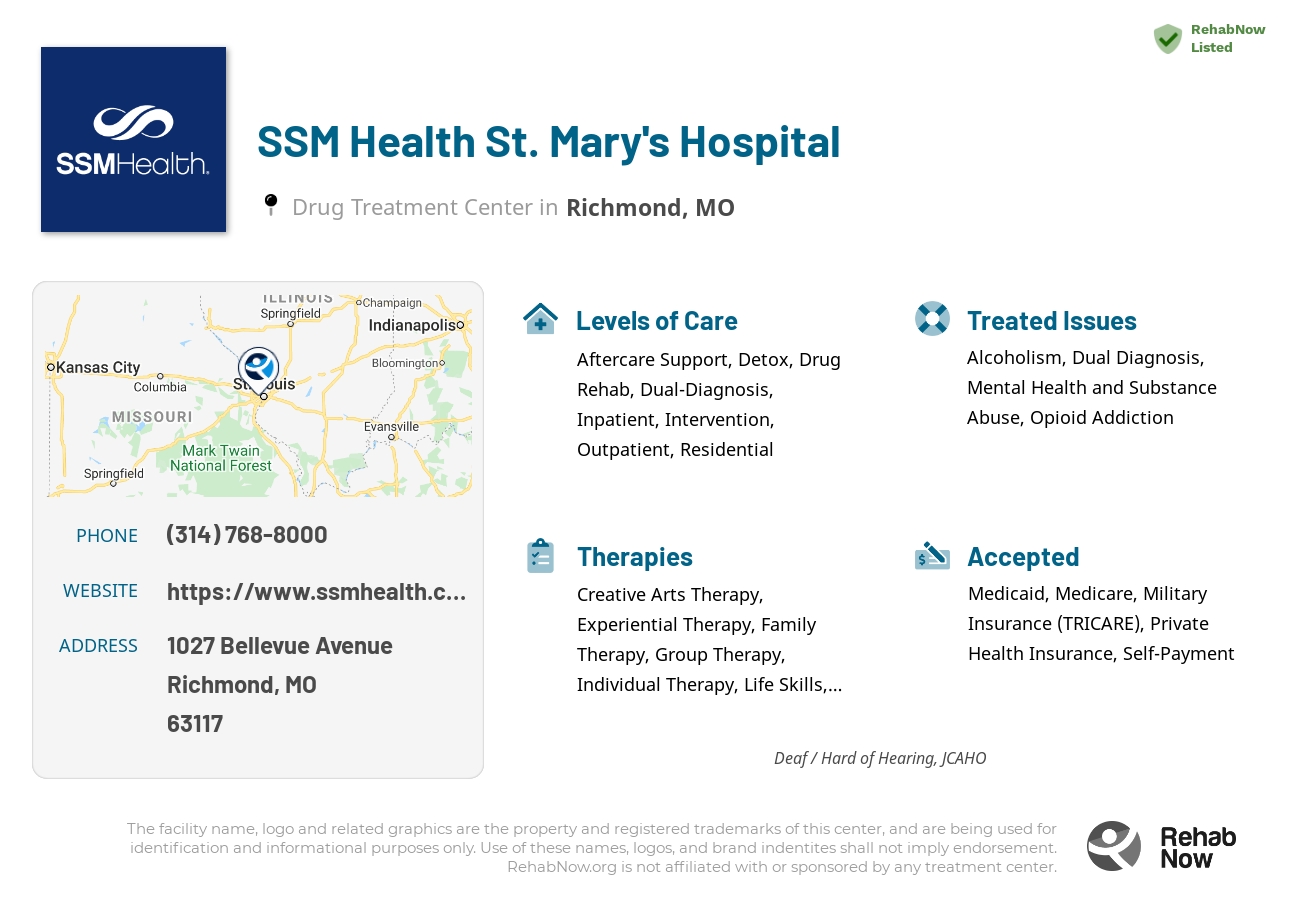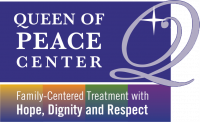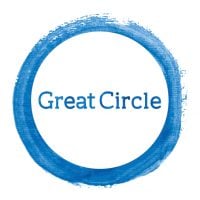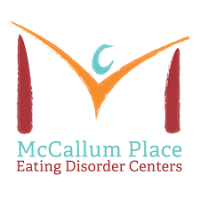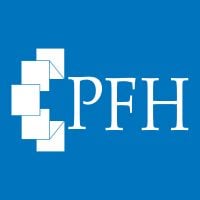SSM Health St. Mary's Hospital
Drug Rehab Center in Richmond, Missouri
SSM Health St. Mary's Hospital in Richmond, MO provides comprehensive treatment for substance use disorders, dual-diagnosis, and is accredited by the Joint Commission on Accreditation of Healthcare Organizations (JCAHO), accepting private health insurance and affiliated with SSM Health.
About SSM Health St. Mary's Hospital in Missouri
SSM Health St. Mary's Hospital, nestled in Saint Louis, Missouri, stands out as a beacon of hope for adults grappling with substance use disorders. Their approach is comprehensive, integrating medical care, referrals, and family support services into their addiction treatment programs. The facility capitalizes on a blend of inpatient and outpatient services, including personalized mental health assessments, counseling, detox, and aftercare, making it a unique choice for those on the path to recovery.
- Personalized Mental Health Assessments: These assessments form the cornerstone of creating tailored treatment plans for patients.
- Inpatient and Outpatient Options: SSM Health St. Mary's offers flexible treatment modalities to fit individual needs, including inpatient respite and outpatient care.
- Medication-Assisted Treatment (MAT): Utilizes FDA-approved medications combined with counseling and support groups to address opioid and alcohol use disorders effectively.
Accredited by the Joint Commission on Accreditation of Healthcare Organizations (JCAHO), SSM Health St. Mary's Hospital signifies excellence in addiction treatment standards. Their array of services, including mental health assessments and carefully coordinated inpatient and outpatient programs, addresses the multifaceted needs of those seeking help for substance use disorders.
At SSM Health St. Mary’s Hospital, specialized treatments are available for opioid addiction, alcoholism, and dual diagnosis conditions, where substance use disorders coincide with mental health issues. Patients benefit from evidence-based treatment methods and a spectrum of care levels, from intensive outpatient programs and detox to inpatient care and aftercare support.
Genders
Ages
Modality
Additional
Religion / Spirituality
Christian
Accreditations

JCAHO
Conditions and Issues Treated
Opioids are a group of drugs that include substances such as heroin, morphine, and oxycodone. These drugs activate opioid receptors in the brain, which produce pleasurable feelings. Opioid addiction occurs when drugs are abused at increasing rates or increasing amounts because the body becomes tolerant of them.
Opioid addiction is typically diagnosed when drug abuse becomes a typical behavior that interferes with an individual’s ability to function daily. The use of the substance results in consequences like legal problems.
Treatment for opioid addiction varies depending on each individual’s needs. Some treatments focus on replacing opioids with other drugs that have similar effects of reducing withdrawal symptoms. Other treatments aim to reduce the risk of relapse by providing psychological support or using more natural methods.
A drug rehab center that uses Dual Diagnosis is more likely to be successful in rehabilitating a person. Dual diagnosis helps to identify and treat any co-occurring disorders. It is essential to screen for both addiction and any untreated mental health issues. A dual diagnosis gives rehab the means to treat addiction while restoring mental and emotional health.
About 70% of patients with drug addiction have at least one other psychiatric diagnosis. Fortunately, dual diagnosis treatment is a proven model that has been highly effective.
Levels of Care Offered
This center offers a variety of custom treatment tailored to individual recovery. Currently available are Aftercare Support, Detox, Dual-Diagnosis, Inpatient, Intensive Outpatient, Intervention, Outpatient, with additional therapies available as listed below.
Detox, or detoxification, is the method of weaning a person’s body from the toxic substance(s) they have abused. This is a slow process under medical supervision and one that should occur for almost all individuals. As detox can cause medical complications, it should always be performed by experienced medical professionals in a safe setting.
Inpatient rehab means you live there while your addiction or co-occurring disorder is treated. Prescribed medications are used along with counseling.
This type of rehabilitation provides a drug-free environment for people who struggle with chronic/long-term addiction (or their own home). Jobs or school can be put on hold until after the stay to focus solely on recovery.
An intensive outpatient program is usually the first phase of addiction treatment. It provides relief for those addicted, but not ready to commit to an inpatient setting. IOPs consist of a daily 3 to 5-hour program, and there is a required number of hours per week. The goal here is to teach patients healthy coping skills, such as stress management.
Outpatient programs offer a lower intensity level of addiction treatment than inpatient facilities. They are ideal for those who have graduated from inpatient facilities, have a supportive home environment, and are motivated to commit to the program. Services offered include medication-assisted treatment, individual and group therapy, and peer group support.
This treatment is a popular option for those suffering from a lower intensity addiction. It is not advisable for someone who needs to go through a medically supervised detox or does not have a supportive home environment. It requires motivation and dedication to commit to the program without constant monitoring.
Interventions help families and friends express their feelings, express their desire for change, and plan for action. Interventionists are trained professionals who help family members plan or lead interventions. Family members should help choose an experienced professional to guide their loved one through treatment. Across the country, intervention services are available.
Aftercare Support in drug rehab is crucial because it helps people stay sober after treatment. Aftercare Support in drug rehab is helpful because it provides the recovering person with a support group, including family members, friends, and other peers who are also in recovery.
The benefits of Aftercare Support are that it provides a pathway that will help people get sober for life. It supports healing at all levels, physical, mental, emotional, and spiritual. Another benefit of Aftercare Support is that participants learn to maintain their sobriety through holistic methods. They learn to modify behaviors individually to have peace of mind, have positive relationships with others, and find peace on the inside.
Therapies & Programs
During individual therapy at SSM Health St. Mary's Hospital in , the person in recovery meets with a therapist one on one to go over their situation and learn from past mistakes. The counselor or therapist will use this time to address the causes of addiction, triggers, and any mental issue or dual diagnosis. They will also address aftercare plans, giving them the best chances of long-term sobriety.
This therapeutic process is very intense and challenging to go through. Some clients may find it easier to open up with someone apart from their family or loved ones who understand their struggles and experience with addiction.
Family therapy is designed to help addicts get clean and sober by using what they love the most; their family. Most drug treatment centers make it mandatory that the addict’s family attend therapy sessions, which is great because having everyone there to support them makes it much easier for them to get clean. Not only are they surrounded by people who want them to get better, but everyone is there because they want the best for them, not because they feel like they have to be.
Drug addicts are often surrounded by resentful or uneducated family members who would, at times, rather see them stay addicted because it makes their own lives easier. Sometimes they don’t understand what the addiction is or how they play a part in it. They know that during and after the addict’s sobriety journey, they will face challenges and changes that they aren’t sure how to handle. This can be very tough for an addict to go through on their own, which is why it’s so important that they have the support of their family. Just because someone is an addict does not mean that they don’t deserve the love and support of those around them.
Addicts in Richmond, MO can find support in group therapy at SSM Health St. Mary's Hospital by finding peers who understand their situation and being held accountable. They also learn to develop faith, understanding, and insight into their addiction through shared conversations.
Group Therapy is employed by drug treatment centers to provide the recovering addict with a platform to talk about their feelings and experiences. It also provides for an opportunity to learn from other addicts who have successfully overcome their addiction. It is recommended that all group members be recovering addicts for this type of therapy to work.
Dialectical behavior therapy (DBT) is a cognitive-behavioral therapy that focuses on eliminating specific negative thoughts, such as suicidal thoughts. These negative thoughts can potentially lead to an individual inflicting self-harm. It helps treat patients exhibiting uncontrollable emotions, intense mood swings, and borderline personality disorders.
The term “Dialectic” means the integration of opposites. In substance abuse, DBT refers to accepting the patient’s addiction and working to change their thoughts and behavior. It improves life skills such as controlling intense emotions without reacting impulsively, resolving interpersonal conflicts effectively, and promoting awareness about self and others.
Cognitive Behavioral Therapy (CBT) helps addicts comprehend the causes of their substance abuse and the consequences that follow. The treatment’s goal is to help addicts gain self-control and maintain abstinence from drugs and alcohol over the long term. Through CBT, clients learn to recognize and avoid high-risk situations and cope with challenging situations when they arise.
Many people who struggle with addiction in Richmond, Missouri also have trouble managing their daily responsibilities after treatment. With this type of therapy, addicts are taught how to manage their time, attain specific goals, and take care of all facets of their lives without the influence of drugs or alcohol.
During these sessions, therapists will work with addicts to identify personal values and goals. They will then help addicts set goals for achieving those values and standards. In the process, therapists help addicts develop strategies for fulfilling their goals and successfully managing their responsibilities.
In many cases, this type of therapy is used in conjunction with other types of addiction treatment services to address specific issues that affect a recovering addict’s ability to stay sober.
Nutrition therapy has been used as a treatment modality for addiction recovery and in eating disorders for adults, adolescents, and children. Specific nutrients have been identified that influence neurotransmitters associated with reward pathways of the brain. Carbohydrate loading with complex carbohydrates to elevate serotonin levels was effective in treating bulimia nervosa. This approach prompted researchers to explore the use of this type of nutritional intervention in other disorders.
Nicotine replacement therapy is a popular method of treatment that helps individuals overcome their addiction to cigarettes by providing them with safer alternatives. Nicotine replacement options can include:
- Inhalers
- Gum
- Patches
These treatments are often used in combination with other therapies, such as cognitive behavioral therapy or motivational interviewing, to help individuals more easily transition into a smoking-free lifestyle.
Patient Experience
Creative Arts
Creative arts therapy, or expressive therapy, is beneficial to those battling addiction. It can include writing, music, drama, art, and other forms of self-expression. It improves the patient’s emotional state and allows them to focus on something other than addiction. It allows SSM Health St. Mary's Hospital to examine how their feelings and emotions play out through the creative process in Richmond, MO.
Recovery can be a difficult process, but it is possible to heal and move forward with the help of creative arts therapy. If you or a loved one is struggling with addiction in , , consider using creative arts therapy to help the recovery process.
Experiential Therapy at SSM Health St. Mary's Hospital
Experiential therapy is a type of treatment involving immediate, intense experiences designed to manage addiction. Experiential therapy is beneficial for:
- People who are seeking to overcome an addiction but have difficulty focusing on treatment goals
- People with short attention spans due to high levels of stress or difficulty concentrating
- People who are afraid of engaging in treatment due to negative past experiences
Payment Options Accepted
For specific insurance or payment methods please contact us.
Is your insurance accepted?
Ask an expert, call (888) 674-0062
SSM Health Associated Centers
Discover treatment facilities under the same provider.
- SSM Health St. Clare Hospital in Fenton, MO
- SSM Health DePaul Hospital in Bridgeton, MO
- SSM Health St. Joseph Hospital - Wentzville in Wentzville, MO
- SSM Health St. Mary's Hospital - Jefferson City in Jefferson City, MO
- SSM Health Saint Louis University Hospital in St Louis, MO
Learn More About SSM Health Centers
Additional Details
Specifics, location, and helpful extra information.
Richmond, Missouri 63117 Phone Number(314) 768-8000 Meta DetailsUpdated April 15, 2024
Staff Verified
SSM Health St. Mary's Hospital Patient Reviews
There are no reviews yet. Be the first one to write one.
Richmond, Missouri Addiction Information
Opioid-related overdoses in Missouri have been increasing steadily for the past three decades. In 2018, more than 1,130 people in Missouri died from opioid abuse. Methamphetamines and marijuana abuse have surpassed opioid abuse in Missouri. Missouri is the number 1 methamphetamine manufacturer in the country with more than 27 meth labs per 100,000 people.
In Richmond, Missouri, there are approximately 9,000 people who struggle with drug addiction. This amounts to approximately 17% of the population. Several different drugs are commonly abused in Richmond, MO. Some of the most common include opioids, methamphetamines, and cocaine. There are a variety of rehab centers available in Richmond. Some specialize in treating certain types of addictions, while others offer a more general approach.
Treatment in Nearby Cities
- Carthage, MO (240.3 mi.)
- Milan, MO (185.4 mi.)
- O Fallon, MO (24.2 mi.)
- Cape Girardeau, MO (101.5 mi.)
- Camdenton, MO (138.9 mi.)
Centers near SSM Health St. Mary's Hospital
The facility name, logo and brand are the property and registered trademarks of SSM Health St. Mary's Hospital, and are being used for identification and informational purposes only. Use of these names, logos and brands shall not imply endorsement. RehabNow.org is not affiliated with or sponsored by SSM Health St. Mary's Hospital.
